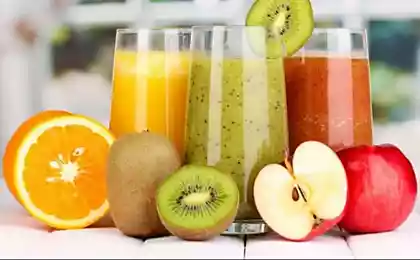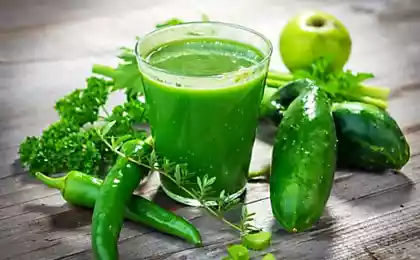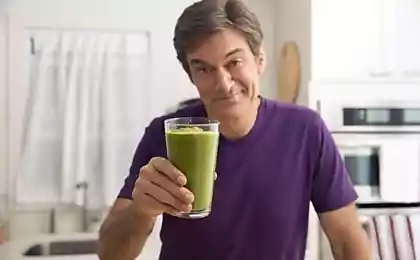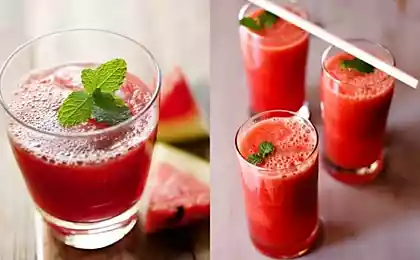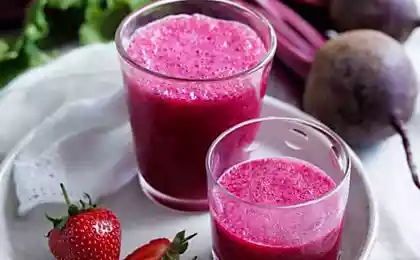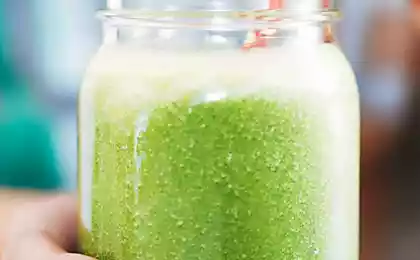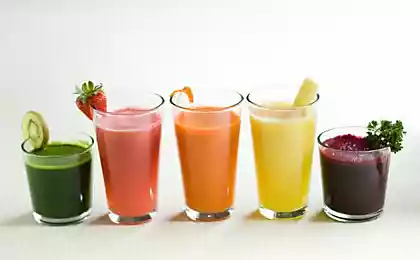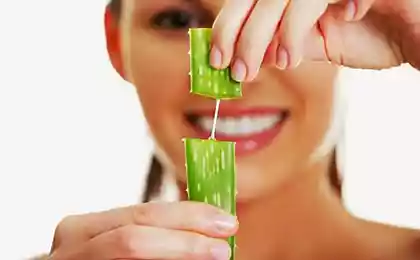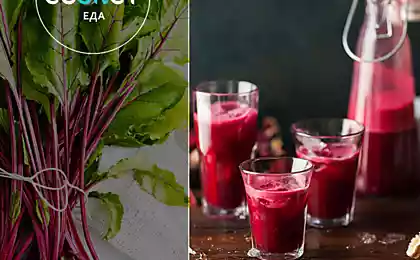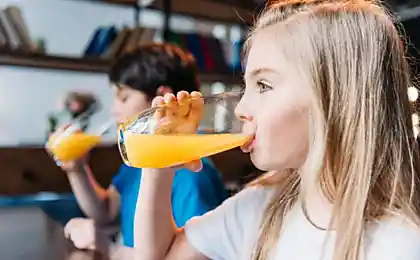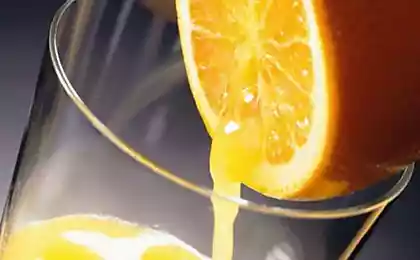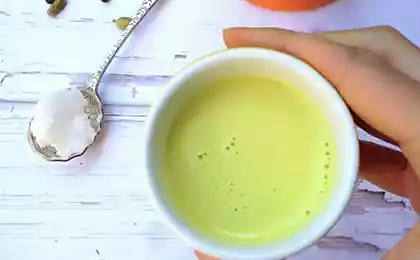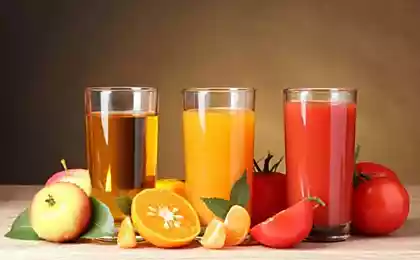627
Baby fruit juices and drinks: not so rosy
Parents love to buy fruit juices, juice drinks and smoothies for my kids, because I used to consider them a healthier alternative to sweet carbonated drinks. But this view is mistaken, according to the results of a new study according to which almost half of these are intended for children products contains or even exceeded the maximum allowable daily dose of sugar.
The sugar content in fruit juices and beverages to children is unacceptably high: more than 40 percent of them contains the maximum amount of sugar for daily intake — 19 grams, and 64 percent – half of this maximum daily dose, as stated in a study published on 23 March on the website of the journal BMJ Open.
This was the conclusion of scientists based on the measurement of the amount of "free" sugars, including glucose, fructose, sucrose and table sugar added and natural sugars in honey, syrups, fruit juices and fruit concentrates per 100 ml of the children's product from the standard packaging for manufacturers.
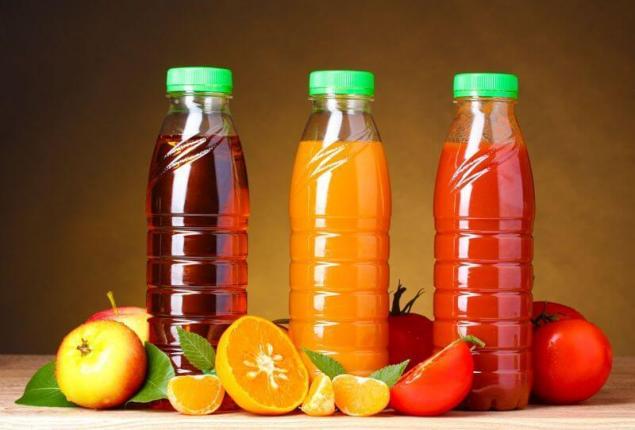
Of particular concern is the fact that the majority of producers lowers the level of sugar in fruit juices and fruit cocktails at an average of 48 percent, and that's why many parents try to replace sweetened sodas, which have been proven harmful, fruit juices, juice drinks and fruit cocktails that are considered as they think, more useful — the study authors write.
In this regard, the researchers urge manufacturers to stop adding to products excess sugar and calories to make it a more attractive taste for children.
They claim that drinking juices and smoothies with high content of free sugars should not be considered as an alternative to fruit, because of the risks associated with high sugar content outweigh the benefits of accepting them.
"Research shows that the body differently assimilates the fruit juice than fresh fruit. After eating the fruit, the resulting energy is distributed properly, while after consumption of fruit juice in the body is deposited surplus calories," the researchers note.published
P. S. And remember, only by changing their consumption — together we change the world! ©
Join us in Facebook , Vkontakte, Odnoklassniki
Source: gearmix.ru/archives/26966
The sugar content in fruit juices and beverages to children is unacceptably high: more than 40 percent of them contains the maximum amount of sugar for daily intake — 19 grams, and 64 percent – half of this maximum daily dose, as stated in a study published on 23 March on the website of the journal BMJ Open.
This was the conclusion of scientists based on the measurement of the amount of "free" sugars, including glucose, fructose, sucrose and table sugar added and natural sugars in honey, syrups, fruit juices and fruit concentrates per 100 ml of the children's product from the standard packaging for manufacturers.

Of particular concern is the fact that the majority of producers lowers the level of sugar in fruit juices and fruit cocktails at an average of 48 percent, and that's why many parents try to replace sweetened sodas, which have been proven harmful, fruit juices, juice drinks and fruit cocktails that are considered as they think, more useful — the study authors write.
In this regard, the researchers urge manufacturers to stop adding to products excess sugar and calories to make it a more attractive taste for children.
They claim that drinking juices and smoothies with high content of free sugars should not be considered as an alternative to fruit, because of the risks associated with high sugar content outweigh the benefits of accepting them.
"Research shows that the body differently assimilates the fruit juice than fresh fruit. After eating the fruit, the resulting energy is distributed properly, while after consumption of fruit juice in the body is deposited surplus calories," the researchers note.published
P. S. And remember, only by changing their consumption — together we change the world! ©
Join us in Facebook , Vkontakte, Odnoklassniki
Source: gearmix.ru/archives/26966
